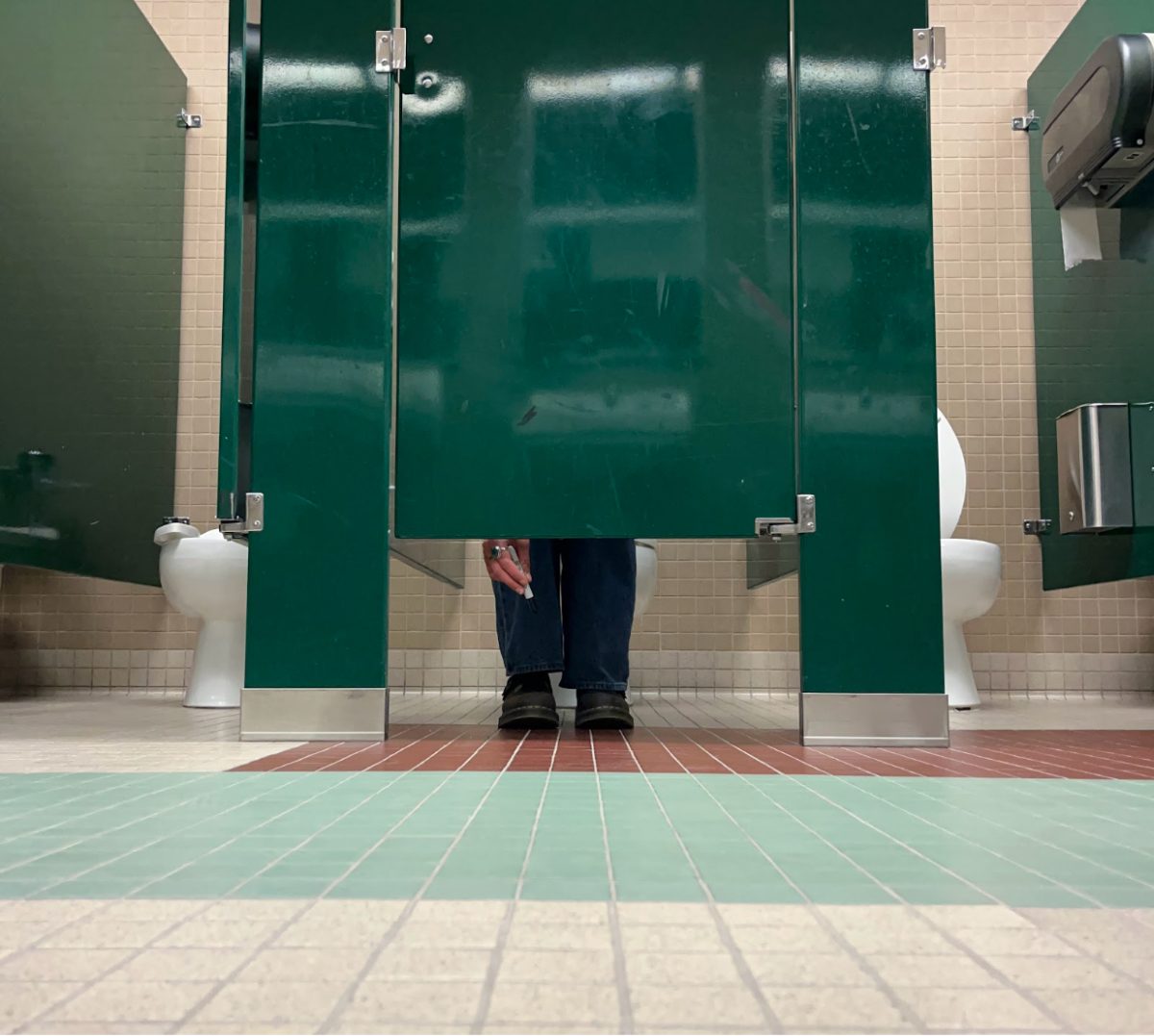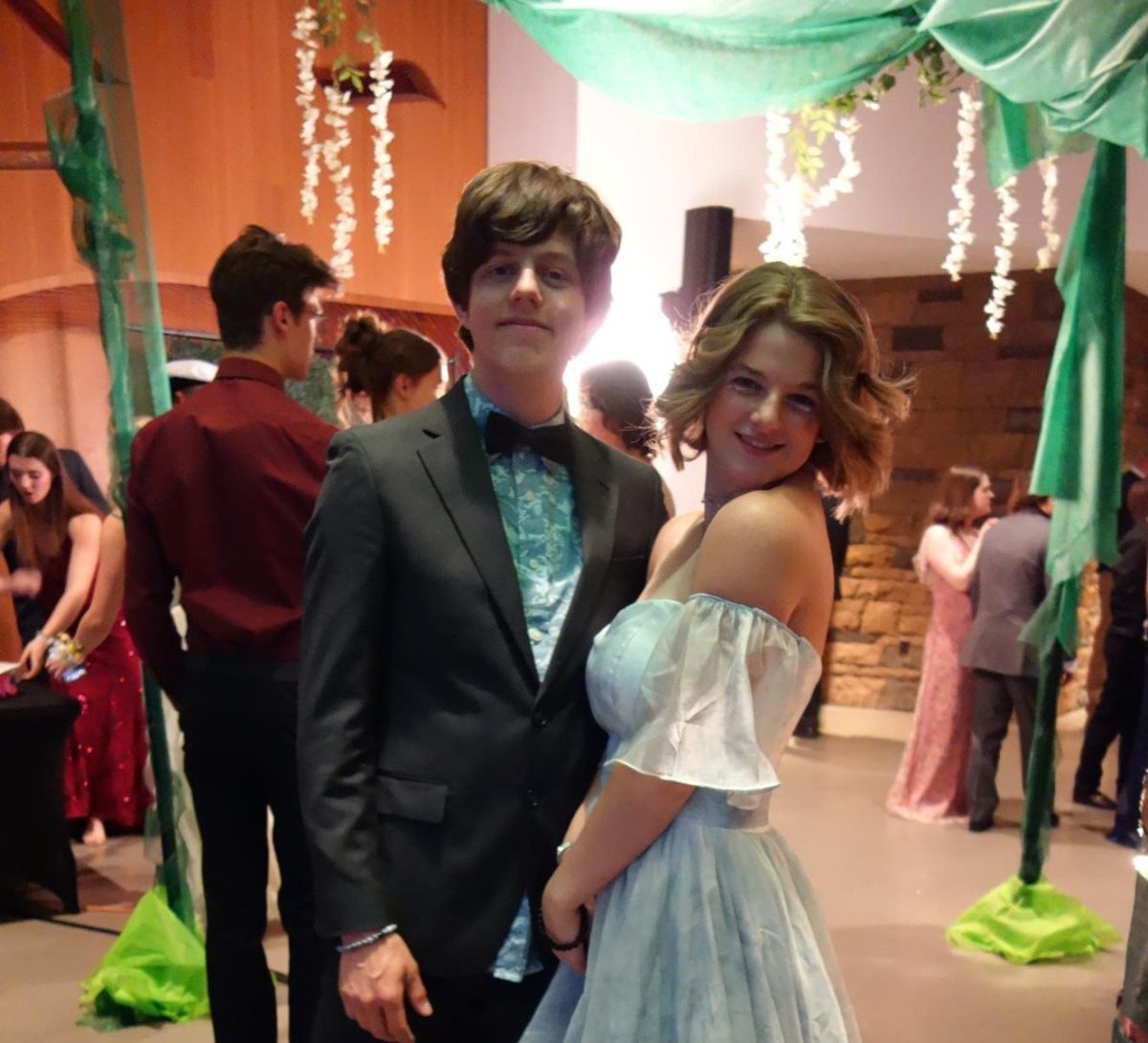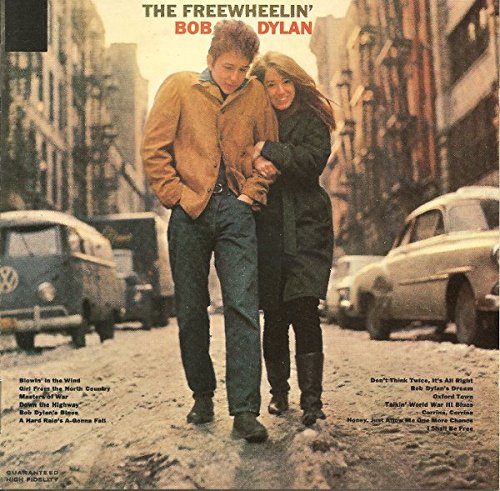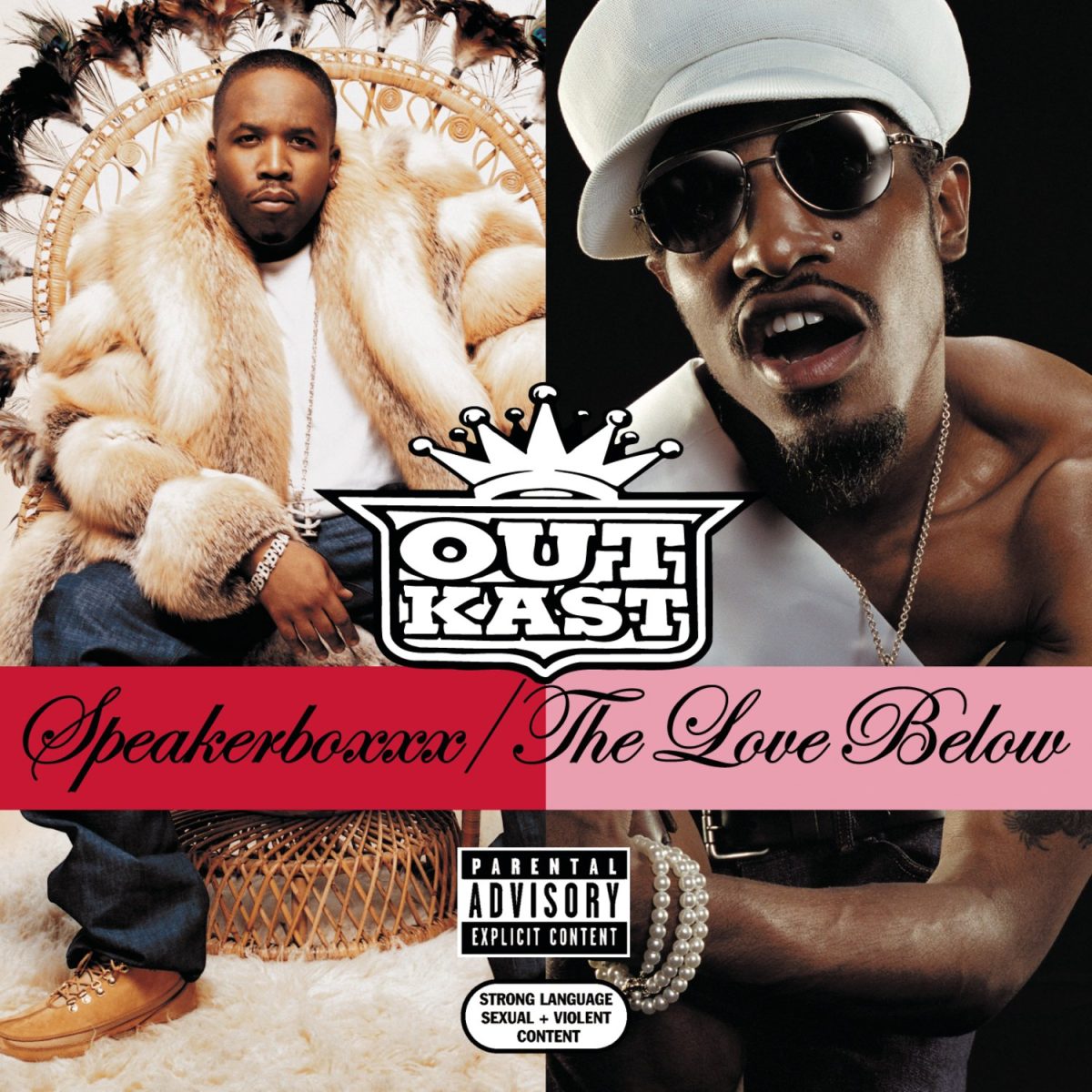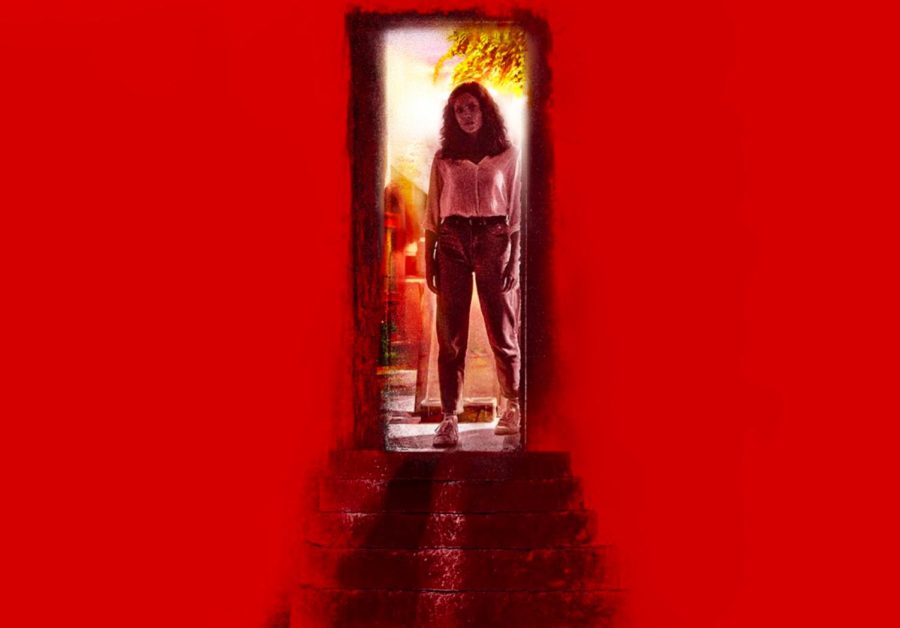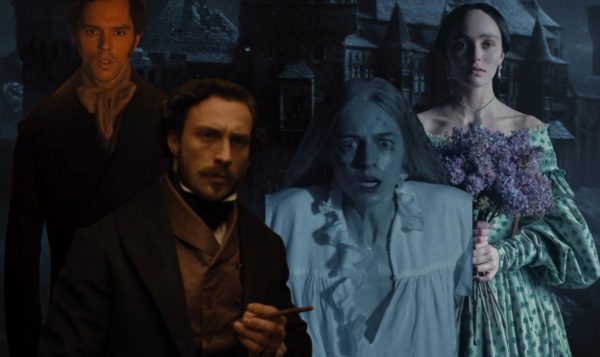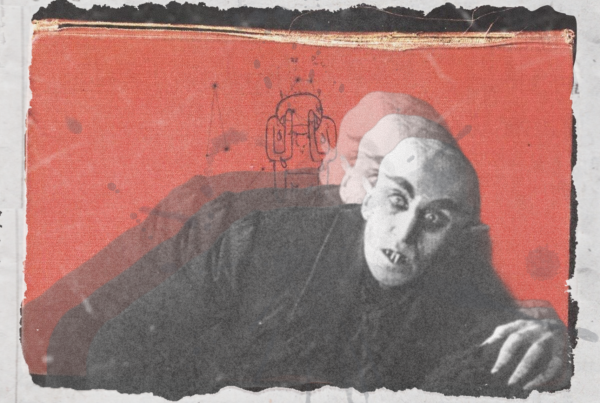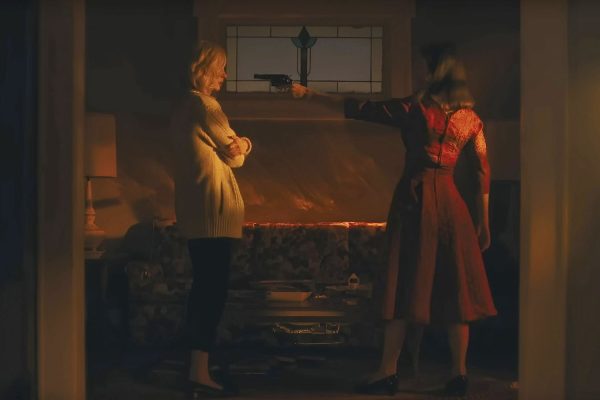Airbnb Roulette and the Dangers of the Multiverse
Two movies with eerily similar descriptions—and vastly different plots
Somewhere in the multiverse, a young woman checks into her Airbnb—or at least, attempts to. In both, a mysterious, attractive man (and prospective love interest) answers the door.
One of these movies is horror. The other is a rom-com.
“Love in the Villa” is a 2022 Netflix romantic comedy, centered around a compassionate third-grade teacher and an insensitive British wine seller. After a last-minute breakup with her long-term boyfriend Brandon, Julie (Kat Graham) attempts to check into her rented villa on her dream trip to Verona, Italy. Unfortunately, a man named Charlie (Tom Hopper) is already occupying the villa—it’s been double booked by their eccentric, irresponsible host Silvio. Julie, unlike her “Barbarian” counterpart, immediately tries to kick Charlie out and ultimately ends up stranded on the couch.
Elsewhere, “Barbarian” is a 2022 horror/mystery currently only showing in theaters. Tess (Georgina Campbell) is an aspiring documentary filmmaker who tries to check into her Airbnb in Detroit, Michigan. Only it seems as though someone is already inside. That someone is Keith (Bill Skarsgard), a mild-mannered, awkward man who refuses to let Tess sleep on the couch and tells her to take the bed.
The immediate irony of watching these two movies with virtually the same plot back-to-back was the fact that both of them played out so differently—and what seems like a romantic pairing with actual chemistry is horrifyingly torn apart by a jumpscare in a creepy basement. The couple who didn’t get along and seemed like they would be kicked out of Italy ended up together and got to check off all the classic rom-com boxes while they were at it.
Most surprising was the fact that both movies were actually fulfilling. Both had good acting, decent plots, and—with the exception of horrible CGI cats—fairly well-produced special effects. The set design for “Love in the Villa” was shockingly beautiful and the soundtrack admittedly fantastic.
“Barbarian,” however, stood out between them. Despite being in the darkest timeline, Tess was a relatable main character who did everything right. She gave the audience something to root for without senseless bloody murder, something all too common in horror movies nowadays. When everything went wrong, she saved herself and would’ve saved everyone else, had it not been for their own selfish reasons.
Barbarian also had a clear message, one that embraced female empowerment while also lacing nuanced themes of oppression to prove the point. Love in the Villa—while more advanced than most classic rom-coms—was not intended to be a deep movie. A superficial love story was a complete 180 from the emotional roller coaster Barbarian sent viewers through. Both movies are good, but for different reasons: one for mindless entertainment, the other for introspective thrill-seeking.
In the niche subcategory multiverse of “mistaken Airbnb rental error,” Julie got her happy ending. Elsewhere, Tess got out alive.

“Mom, I finally made it in the newspaper! Are you proud?”
A brilliant mind and philanthropist, Adri enjoys classical music, regular music, rock music and all other types of music, as well as various...
























